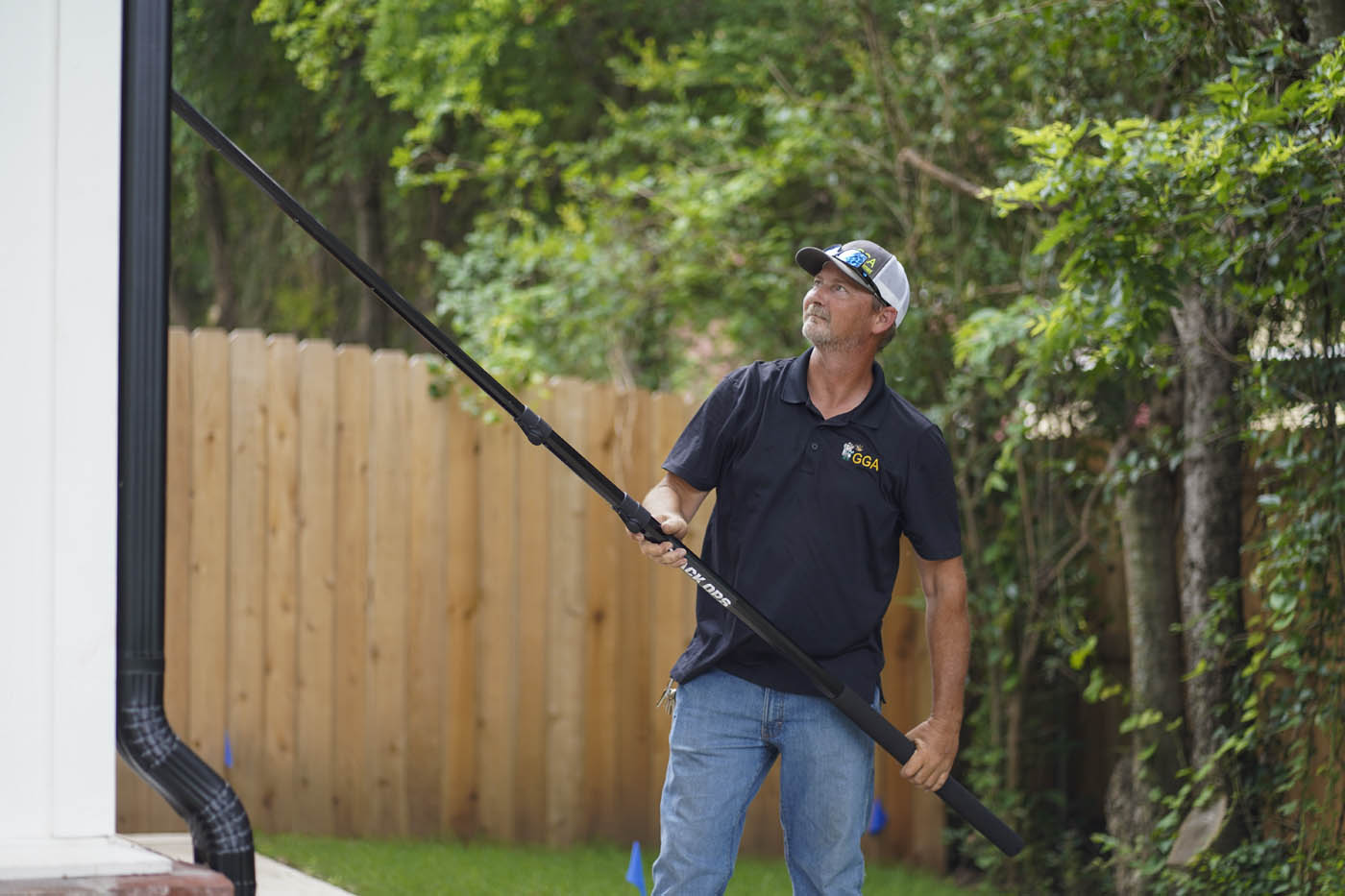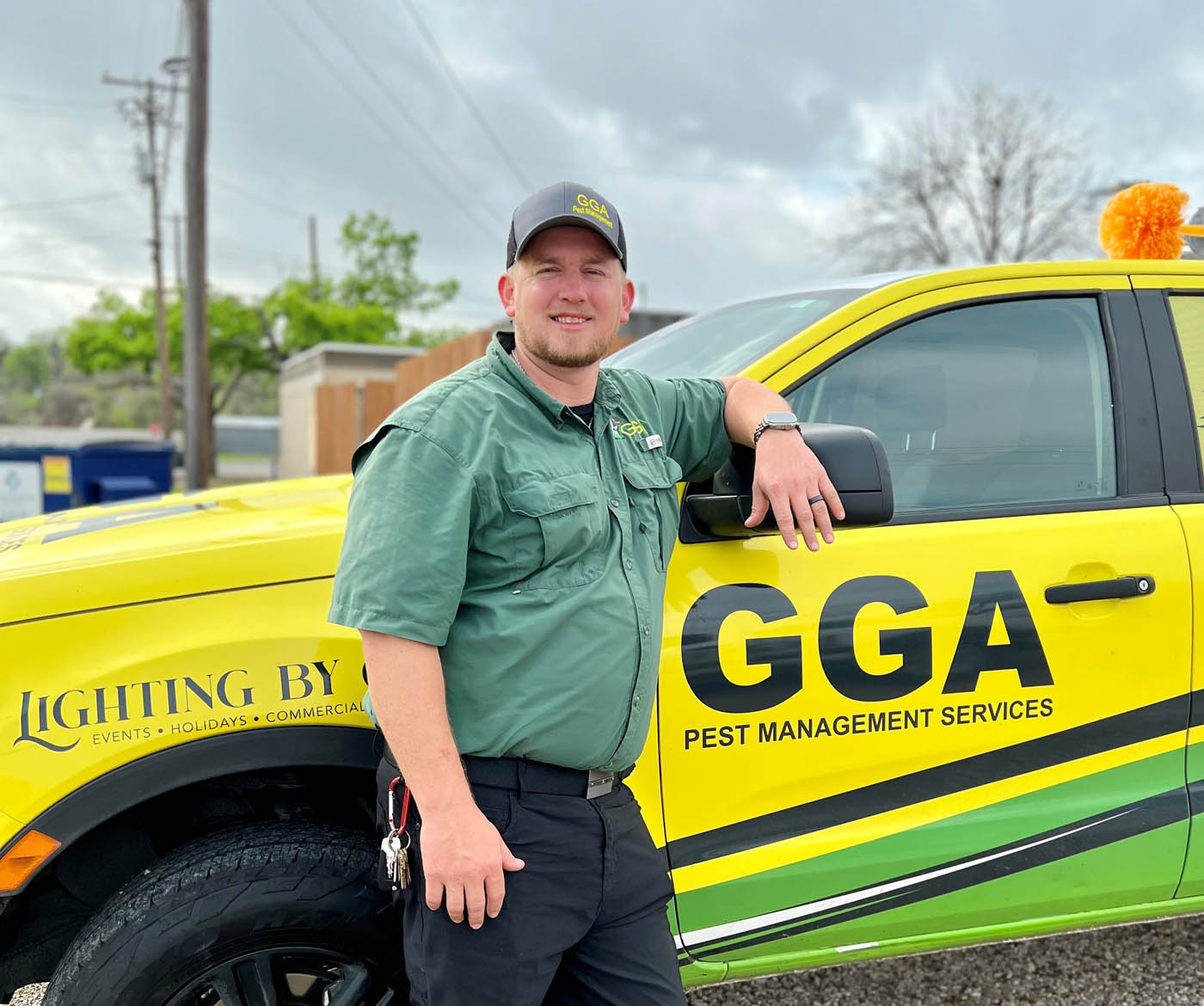Cicada Killer
August 10, 2015
Cicada Killer Molly Keck, an entomologist with Texas A&M AgriLife Extension, has the scoop on a massive swamp that is showing up in Texas and other parts of the country. They're one of the largest wasps that we have in Texas." The cicada killer wasp can grow up to 2 inches long. The insect preys on cicadas. With a sting, they paralyze the noisy bug and literally carry them back to feed their young. "It's pretty impressive because the cicada is usually too heavy for the wasp to fly with it. It literally drags it a long way, from the top of the tree back down," said Keck. And while the cicada killer wasp looks malicious to most humans, it poses very little threat to humans. They are territorial, but not aggressive. "They're not going to hurt you. They'll scare the heck out of you, but they're not going to sting you, most likely," said Keck. "So if you come across their nest, they'll buzz around your head and scare you, but they really won't sting you unless you touch them first." Keck says that cicada killer wasp appear to be showing up in higher numbers. The weather could be playing a role, but the reason for the increased numbers remains uncertain. Cicada killer wasps live in holes in the ground the size of a dime or nickel. According to Lee Townsend, Extension Entomologist at the University of Kentucky College of Agriculture, these solitary wasps choose sites with specific characteristics such as well-drained, light-textured soils in full sunlight that are near trees harboring cicadas. They may dig along sidewalk or patio edges, in flower beds, gardens, or lawns. As much as 100 cubic inches of soil may be brought to the surface as tunnels are formed. This can be unsightly in highly managed turf and the accumulations may smother grass. http://www.ksat.com/content/pns/ksat/news/2015/07/24/giant-wasps-showing-up-in-south-texas.html




